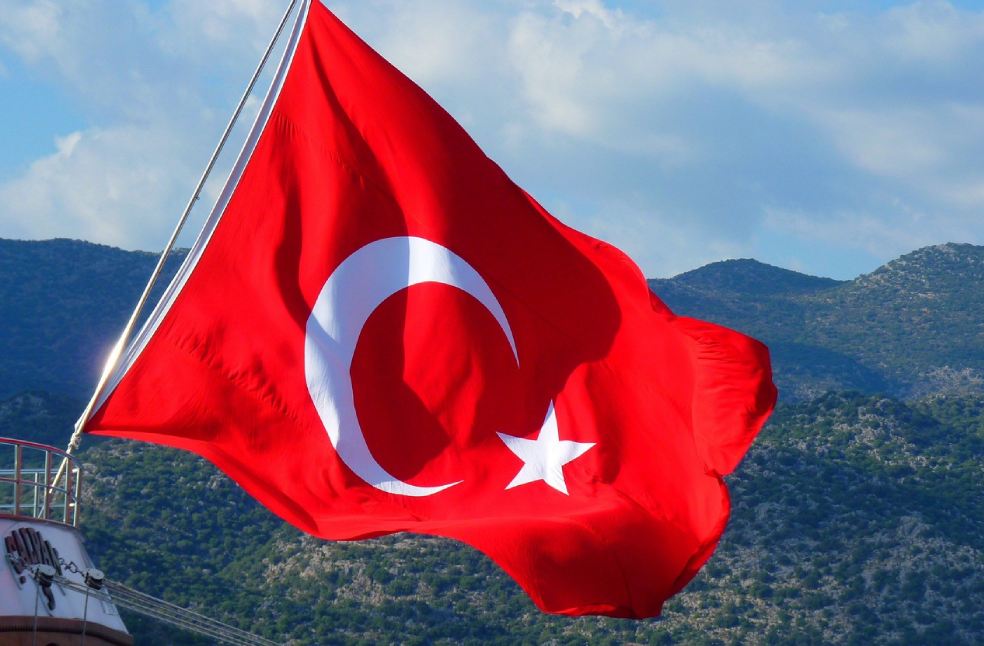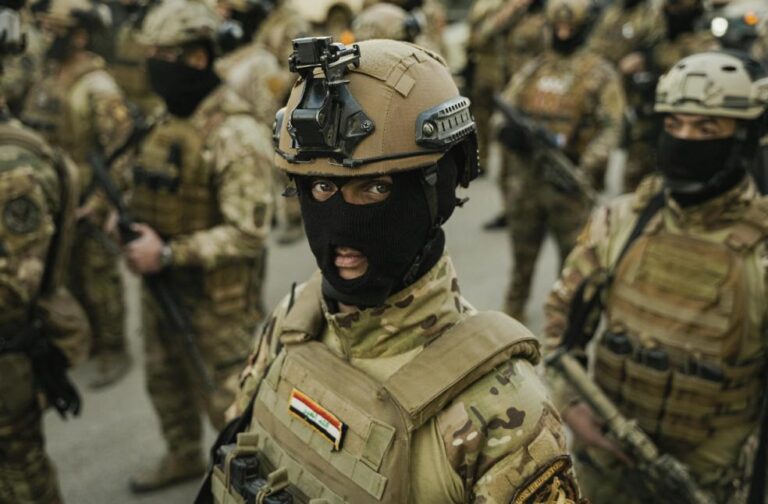Turkey: The Kurdistan Workers’ Party (PKK) has announced its decision to disband after more than four decades of armed conflict. The announcement of the PKK disbandment followed a party congress held in northern Iraq last week, where the group declared that its ‘historical mission’ had been completed.
More than 40,000 people have died since the conflict began. The Kurdistan Workers’ Party disbandment marks a major turning point in the region’s political and security landscape. It may also affect neighbouring areas, particularly in Syria, where Kurdish forces are allied with the United States in the fight against the Islamic State.
The PKK disbandment move follows a February letter from Abdullah Ocalan, the PKK’s jailed leader, calling for the group to lay down its arms. Ocalan, 76, has been imprisoned since 1999 and held in solitary confinement on an island near Istanbul. In his message, he stated that ‘democratic consensus’ is the only way forward.

The PKK, which began its insurgency in 1984, initially fought to establish an independent Kurdish state. Over time, it shifted focus towards seeking greater autonomy and rights for Kurds, who make up around 20 percent of Turkey’s population. The PKK was initially founded in Ziyaret, Lice, on 27 November 1978. Its ideology was a fusion of revolutionary socialism, Marxism–Leninism, and Kurdish nationalism, with the aim of establishing an independent Kurdistan.
The Turkish government, which considers the PKK as a terrorist organisation, welcomed the decision. A spokesperson for the ruling AK Party said that, it was a “step towards a terror-free Turkey” and that authorities will closely monitor the dissolution process.
The Firat, a Kurdish news agency, published the PKK’s disbandment declaration, confirming the group’s commitment to peace. The international community will now watch closely to see if the PKK’s disarmament leads to lasting stability in the region.



